Writer-director Jeff Nichols is a great American poet.
He is at his best when documenting the lives of those who live beyond the blue highways. His heroes are societal outcasts. Some by their own choosing, others forced into exile by a callous system inhospitable to any who dance by their own tune. They are hurt, sometimes broken, yet always determined. There is a song in their heart, even if their mouth cannot begin to enunciate it.
In The Bikeriders, Nichols turns his eye to the dying years of a counter culture attempting to understand itself. The motorcycle club itself is fictional, and the players amalgamations. Yet they feel like people each one of us has met at some point or another. Rough, yet easy-going characters who are quick to laugh and even quicker to take offense. The kind of folks you enjoy sharing a beer or two, just as long as they don’t follow you home.
This is a film about connection, family, love, and the inability to say we need all of these things. Every man in the film has a deep yearning to be accepted, yet they’re so devastated by their own fathers that such a desire cannot ever be spoken. “A real man doesn’t cry about things,” Jodie Comer’s Kathy says early on, proudly. “When he does, you know it’s something serious.”
Instead, they fill their days talking about motorcycles, fighting, and drinking. Their bonds are unspoken, yet strong as any love between brothers. The great tragedy is seeing how much happier they all would be, if they could just say what pains their hearts.
Austin Butler is a dead ringer for James Dean as Benny, a young man so incapable of asking for help, he’d rather punish himself through violence to feel a connection to the world. His closest friend and father-figure is Johnny (a fantastic Tom Hardy), who started the motorcycle club — not out of a desire to make a point, but because of his inability to connect with his family. They love each other, and Johnny wants Benny to follow in the family business by taking over the club. Yet because they can’t say it, they’re doomed to repel each other until it’s too late.
The film is told in retrospect through interviews with Kathy. By the time we meet her, she’s already out of the club, and the glory days are a distant memory. Nichols’ was inspired to make the film after reading Danny Lyon’s seminal work of photojournalism about the Chicago Outlaw Motorcycle Club. Lyon appears in the film portrayed by Mike Faist, who disappears into the background, always listening and never intruding. He’s wonderful as a reporter who can look inside another society and keep his distance.
A deep melancholy permeates every frame. There is a longing for a simpler time that understands why it couldn’t continue. Which naturally doesn’t make the pain any easier. Nichols’ regular Michael Shannon has a small, but pivotal role as a drifter called Zipco, who delivers a pained monologue about his hatred for pinkos and queers. The people who went to college and did something with their lives. “My brother went to college for a year, until I told him I’d beat him senseless if he went back,” he declares, and we see on his face a haunted look that says more than words ever could. His brother joined the military instead and went to Vietnam. Zipco was considered an undesirable and couldn’t follow.
The Bikeriders is full of these stories. Small vignettes that pass us by on the road. They’re not the focus, yet they’re the entire picture. We catch them in glimpses and hear only snippets of resolutions down the line. It is a remarkable, lifelike mosaic, that feels lived-in. It is the film that comes closest to demystifying American rituals and contracts since Goodfellas. Like Martin Scorsese’s mobster epic, The Bikeriders is intoxicating only at the outset. There is an allure to living outside of society, until you realize what that actually means.
Nichols, like Scorsese, understands the contradiction of human nature and how men spin against the way they drive. His camera is compassionate, yet unforgiving. When death comes, it is ugly and small. There is nothing grandiose about crashing and burning, whether that’s metaphorical or not.
In The Bikeriders, Nichols has re-created the waning light of a counter culture movement, and it is a poetic, haunting masterpiece.

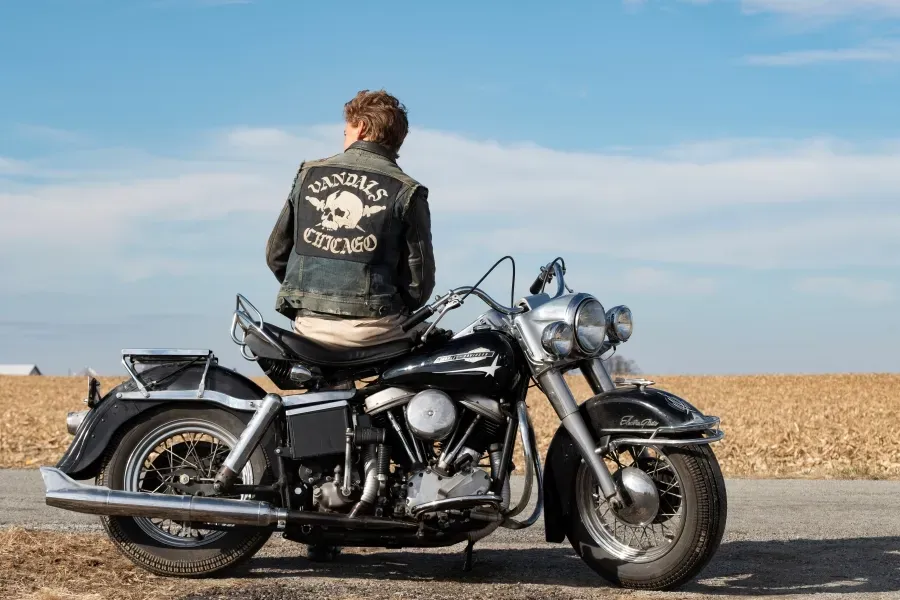

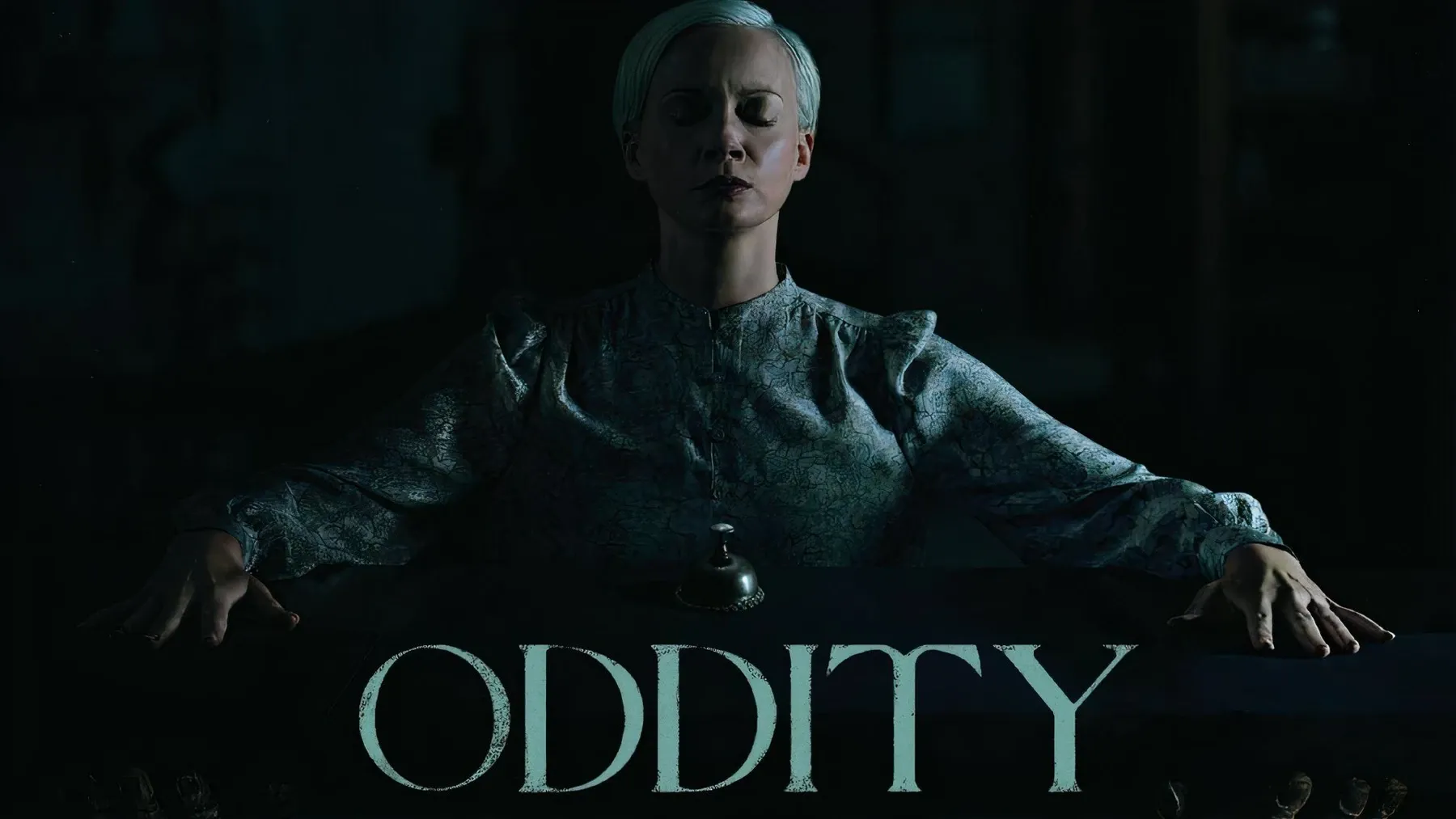
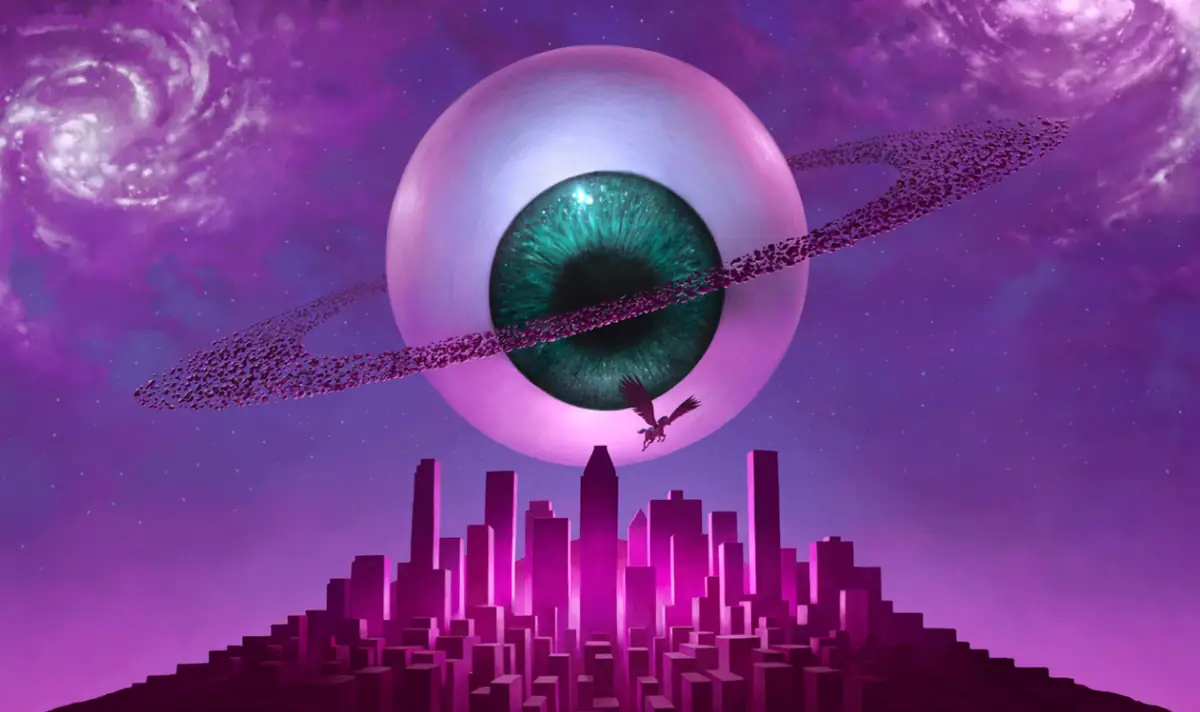
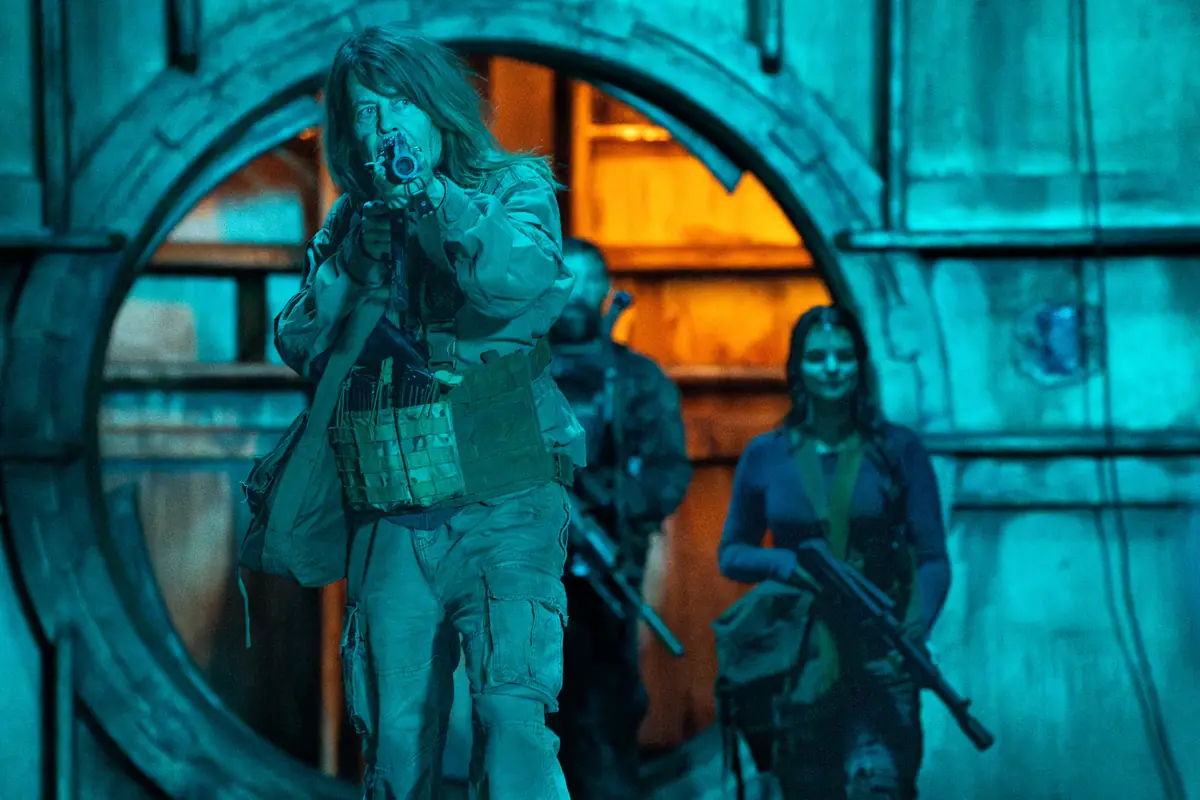

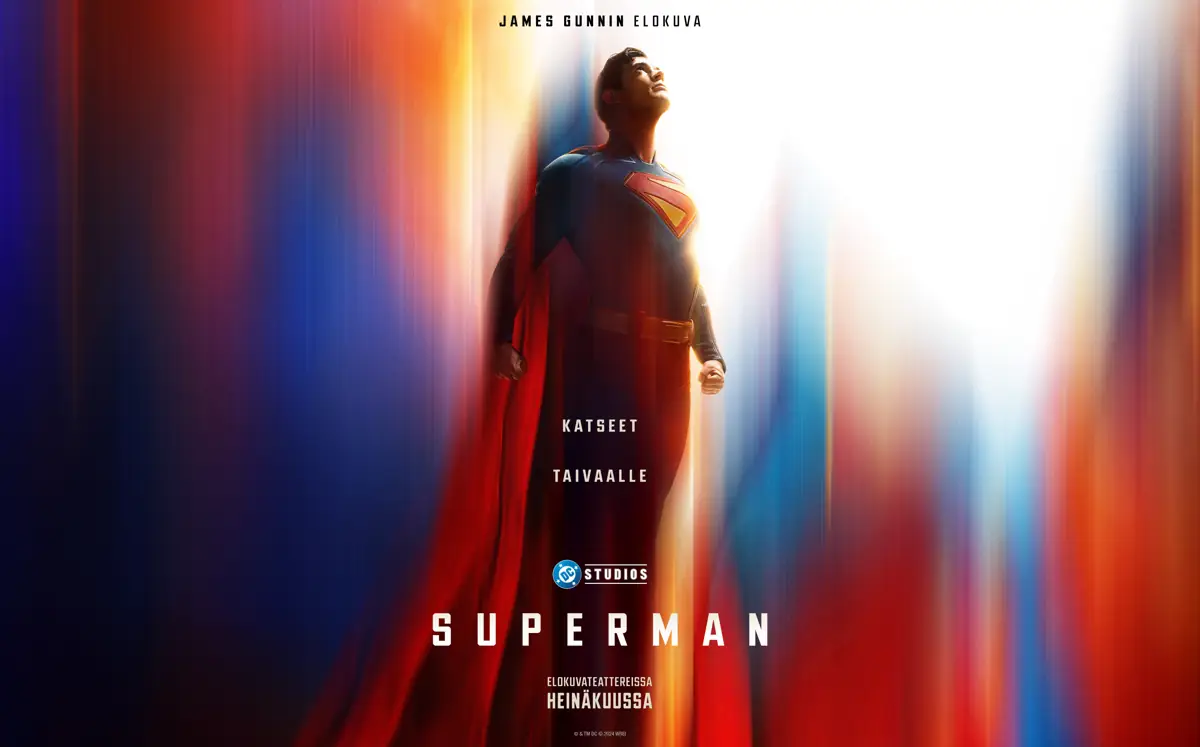

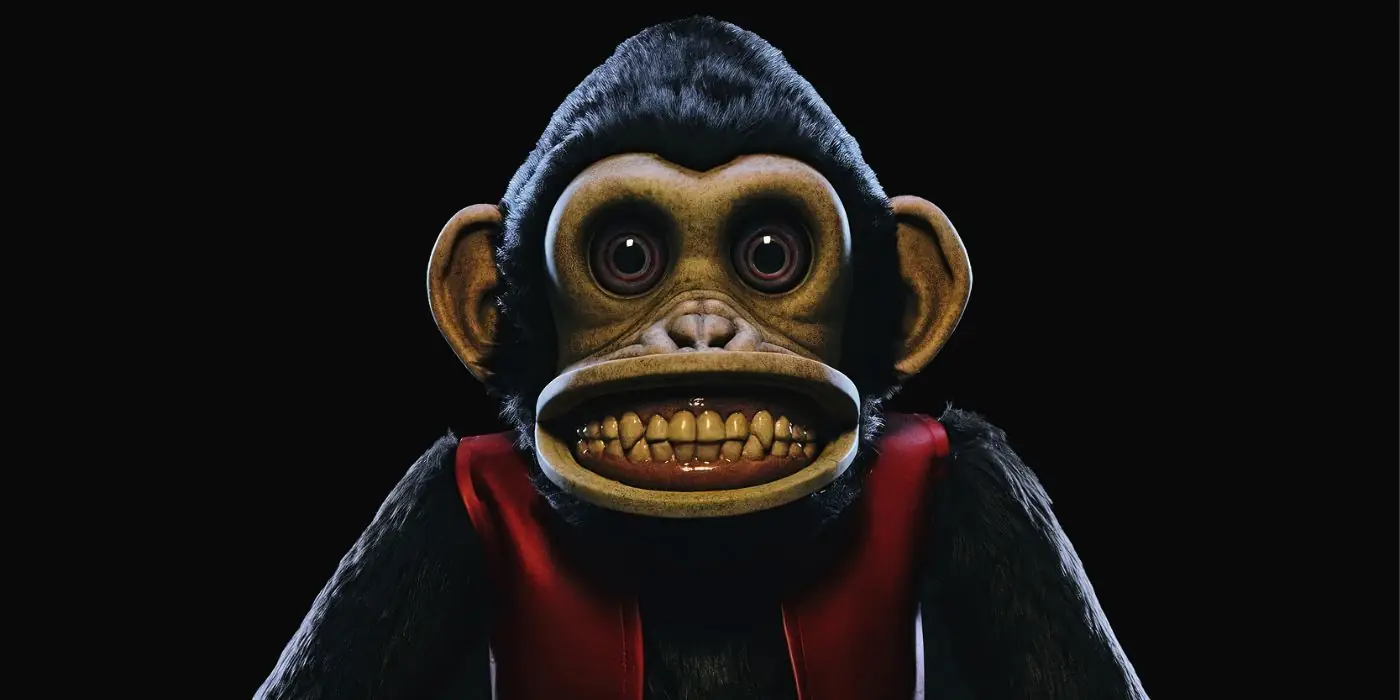
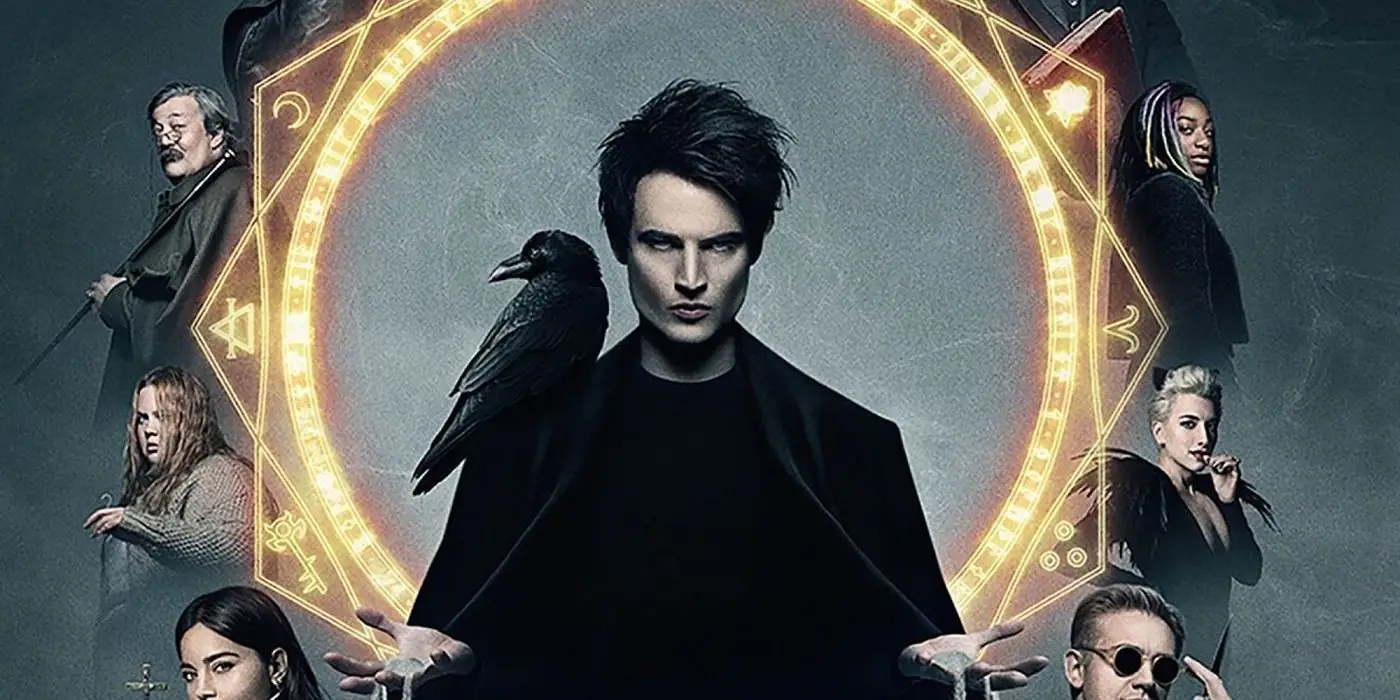
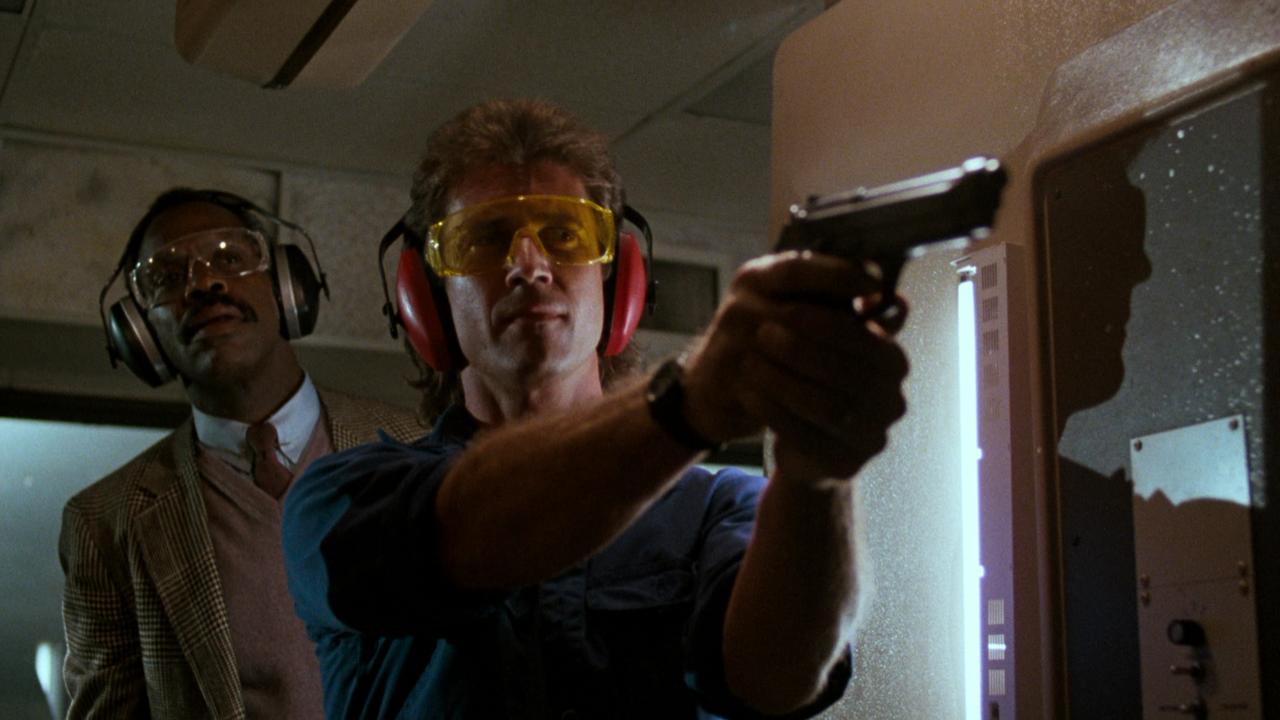


Discussion